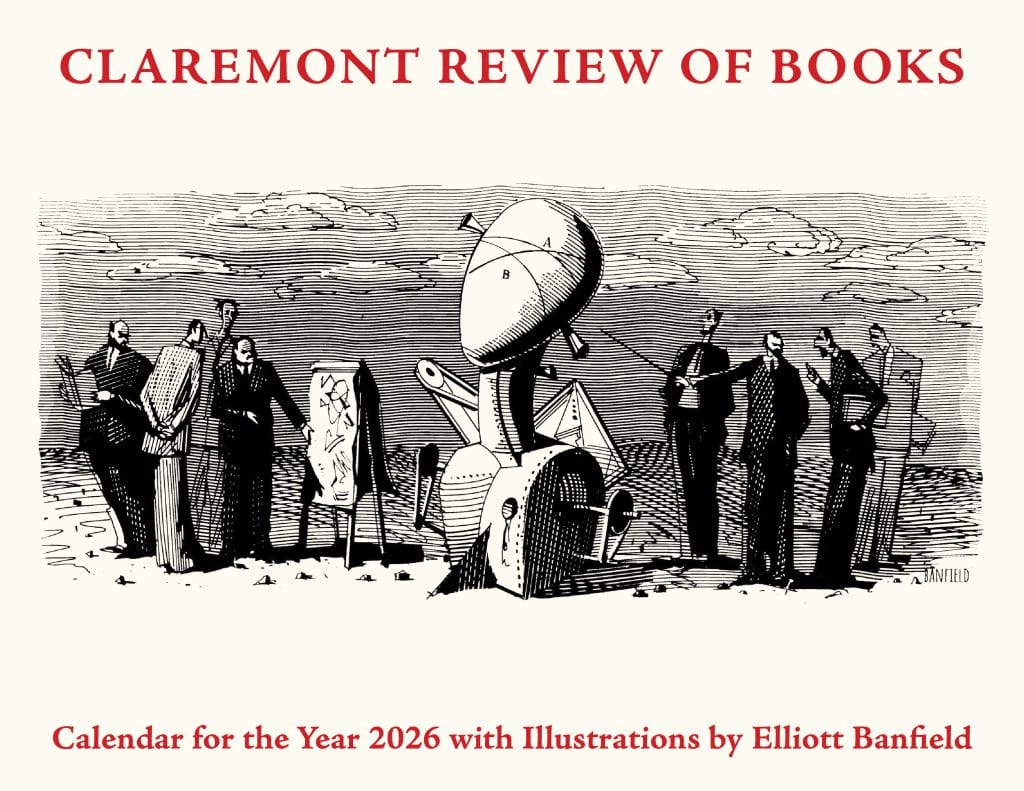Books Reviewed
In this impressive new volume, editors Daniel L. Dreisbach and Mark David Hall have put together 17 contributions examining 19 Christian jurists from the colonial period through today, detailing how Christianity informed their jurisprudence and identifying where they lived up to the faith and where they fell short.
Dreisbach, a professor of justice, law, and criminology at American University, challenges the shibboleth of a “godless” Constitution in his cogent introduction, noting that the founders’ thinking regarding limited government, separation of powers, checks and balances, and a representative system presupposed the Christian teaching of a fallen human nature.
The book breaks down into four sections. The first profiles colonial-era figures (e.g., John Winthrop and William Penn) who drew from their Christian worldview in establishing the legal foundations of the nascent colonies. The second examines prominent founding-era jurists (e.g., James Wilson, John Jay, and John Dickinson), showing how Christianity influenced their thoughts on revolution, resistance to power, opposition to slavery, and the moral content of natural law and English common law.
Section three looks at 19th- and early 20th-century jurists. Especially noteworthy is the life of Justice John Marshall Harlan, who, though an early supporter of slavery and opponent of Abraham Lincoln, was led by his Presbyterian faith to see America as part of God’s plan for liberty’s expansion and slavery’s eradication—a sentiment implicit in his famous “color-blind Constitution” dissent in Plessy v. Ferguson (1896).
Section four analyzes six modern jurists engaged in our current “culture wars.” Although the late Supreme Court Justice Antonin Scalia held that his originalism prevented him from judging based on his Catholic faith, his faith still informed his text-based jurisprudence, teaching him about formal rules and categories, a respect for terminology, and original sin. In a similar way, the Catholicism of Robert P. George, McCormick Professor of Jurisprudence at Princeton University, deeply informs his jurisprudence, not least in his interpretation of the so-called new natural law as providing reasonable grounds for moral truths.
* * *
This admirable collection contains important implications for Christians worried about the contemporary sanctity of the rights of conscience, but the editors could have addressed more directly in this volume how Christianity can both protect itself and continue to inform the American political and legal order in an increasingly post-Christian world.
Still, readers will come away with a greater appreciation of Christianity’s influence on America’s legal and political development. The book may even embolden future jurists to proclaim Christianity’s continuing world-historical significance, having found inspiration in these great Christian jurists.







